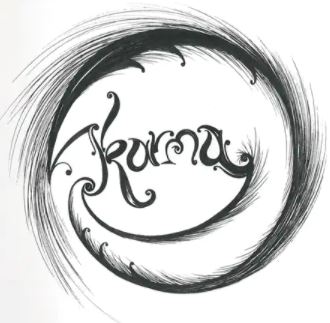
Description
Because you can
Trust - Its not Karma, its just good business
What really is trust? Often talked about but a little more difficult to define. If you review the academic literature on trust you will find a range of descriptions of trust, but little beyond describing it as an ‘enabler’. For pureblueocean the clearest and most useful definition of trust comes from Mari Sako (Price, Quality and Trust – 1992). On this basis there are 3 levels of trust. Contractual Trust – In simple terms, carrying out the basic agreements in a relationship. If you deliver 5 cases on Tuesday at 5pm, we will pay you as agreed. Without this level of trust you just can’t operate. Competence Trust – There is trust in the capability of each partner to deliver the skills, service, product. This trust should begin to set you apart from the competition. Goodwill Trust – A higher level of trust where partners will deliver goods, services, skills etc as and when needed, without the need for contracts and expeditors to make it happen, or define in detail that it is required. In essence people do things because they can, not because they have to. Clearly what we seek is Goodwill Trust, but getting there means winning and proving our trust and integrity at the levels belowSo where does karma come in?
If we all seek to build trust, and in particular Goodwill Trust; how do we do this? In simple terms it is about doing and giving because you CAN, not because you have to. If you can do something, but no-one has asked you to do it, but it is obvious and clear it is in their best interest, then you should feel compelled to do it. Not for selfish gain, but because you can, and it will help someone. This is genuine goodwill trust, an evolved relationship where you do things because you can, not because you must. It’s ‘pay it forward’ in essence. In the so-called developed world, in a corporate sense we have developed a misplaced sense of value, integrity and personal sacrifice. Simply put, so called ‘successful businesses’ often create profits, by squeezing the resources of the business, most often the people. What happens in a downturn or changing times – usually its people out of the door, rather than reducing the overall burden of the payroll across the company and keeping people employed. At the top we have created a selfish streak – it becomes rationale and easier to lay-off many people, rather than take a reduction in earnings for all. I have personally experienced this ‘illogic’ when as part of a management team looking for a £1m in payroll savings, I suggested reducing the size of the leadership team, and not paying management bonuses, rather than making junior ranks redundant (which potentially would have covered the challenge) – this was almost laughed out of the room. Given the poor position of the company was created by the decisions of the management team, why were we so quick to sacrifice others rather than ourselves? Yet the same team would complain of ‘lack of loyalty’ or ‘commitment’ from employees – I could understand why (and left). We lacked trust across the organisation…and it was borne out through inefficiency and management incompetence.Surely that’s just naïve?
Maybe, but not likely. Most organizations are highly inefficient, and employees do doing things when they are told or have to – sounds really efficient? By building trust, things get done faster and happen because they can, as soon as they are needed, because everyone understands it is beneficial and productive. This delivers an additional benefit of gifting a social reward (belonging and engaging) – the social reward will in time generate the financial dividend most of us are seeking. The Beatles once stated that ‘Money can’t buy you love’ – guess what, it can’t buy you loyalty or efficiency either. That is built with trust and engagement – try that for a change...the recent financial crash has surely proved that huge financial rewards are unlikely to provide long-term sustained common good – they provide continued selfish behaviour on a part of a few.How does this build the personal or corporate brand?
In simple terms, you become trusted and respected. You deliver consistent value, and challenge, beyond the financial measure expected. Those who deal with you, can trust you will deliver what is required, when required and probably beyond expectation…this is value. This is not just good business, and frankly makes life more valuable and enjoyable.What can you do about this?
- Try it...do something because you can, and not for another other reason.
- Build the trust of people around you, and watch loyalty and commitment increase.
- Share the view with others – see what they think!! Then see how they act…
Info
-->





